Julia: The Sunday Times Bestseller
£13.80£18.00 (-23%)
A SUNDAY TIMES BESTSELLER
“a fascinating reflection on totalitarianism as refracted through Orwell’s times and our own” The Guardian
London, chief city of Airstrip One, the third most populous province of Oceania. It’s 1984 and Julia Worthing works as a mechanic fixing the novel-writing machines in the Fiction Department at the Ministry of Truth. Under the ideology of IngSoc and the rule of the Party and its leader Big Brother, Julia is a model citizen – cheerfully cynical, believing in nothing and caring not at all about politics. She knows how to survive in a world of constant surveillance, Thought Police, Newspeak, Doublethink, child spies and the black markets of the prole neighbourhoods. She’s very good at staying alive.
But Julia becomes intrigued by a colleague from the Records Department – a mid-level worker of the Outer Party called Winston Smith, she comes to realise that she’s losing her grip and can no longer safely navigate her world.
Seventy-five years after Orwell finished writing his iconic novel, Sandra Newman has tackled the world of Big Brother in a truly convincing way, offering a dramatically different, feminist narrative that is true to and stands alongside the original. For the millions of readers who have been brought up with Orwell’s Nineteen Eighty-Four, here, finally, is a provocative, vital and utterly satisfying companion novel.
Read more
Additional information
| Publisher | Granta Books (19 Oct. 2023) |
|---|---|
| Language | English |
| Hardcover | 400 pages |
| ISBN-10 | 1783789158 |
| ISBN-13 | 978-1783789153 |
| Dimensions | 15.3 x 2.8 x 23.4 cm |


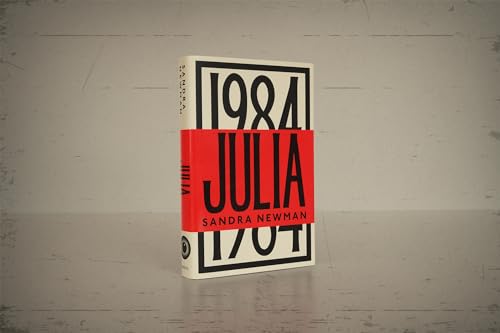
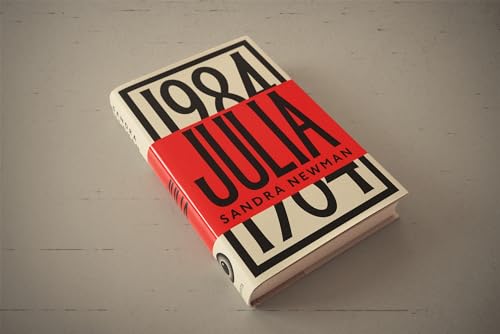
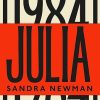
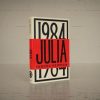
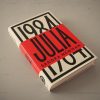
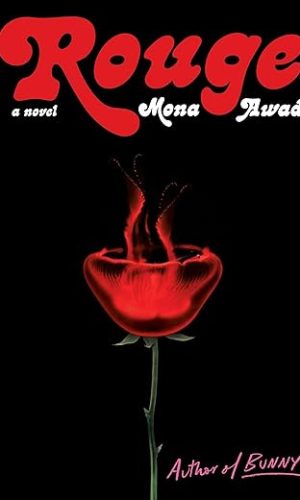
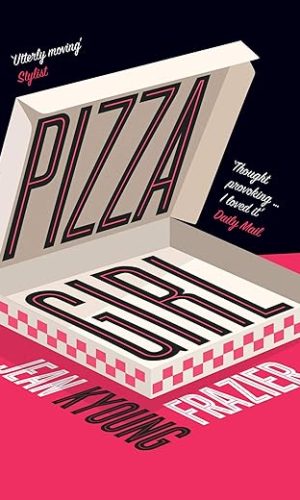
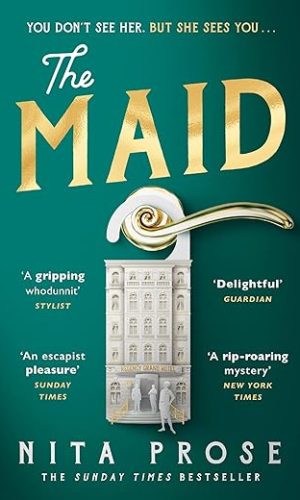
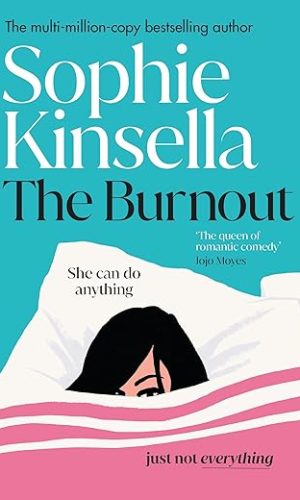
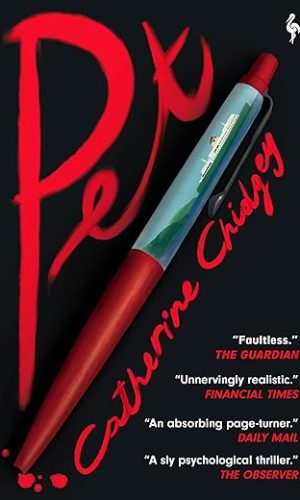
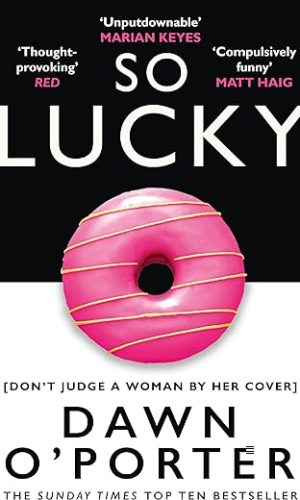
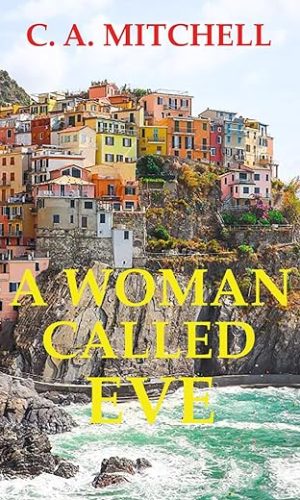
by Chris Mason-Bailey
The last time (about 18 months ago) I sat down to watch the John Hurt/Suzanna Hamilton film adaptation of 1984 on Prime, I had a thought. There is a scene where Julia brings Winston an assortment of Inner Party produce, such as coffee, real milk, sugar and jam. I remember thinking at the time, “its a pity we never get her story. How is she even getting this stuff? What exactly is she risking and doing to get it? How has she never been caught?” Imagine my amusement 18 months later on discovering that someone somewhere was obviously thinking along similar lines. I guess if you take this book as canon in the 1984 universe, now i have my answer
I have just finished Julia and i have to say i really enjoyed it, although more in the sense of it being a very well written piece of fan fiction more than anything with a more serious overarching message. It fleshes out the world and details of the 1984 ‘universe’ nicely (or gruesomely i guess is more appropriate), although the more squeamish among you may struggle with some of the more ‘savoury’ parts of the book, as other reviewers have suggested.
My main criticisms however are twofold. Firstly, the whole thing very much has the whiff of desperately wanting to be the teleplay for a 3 part Netflix or BBC drama (with some of the more horrifying elements toned down granted!). There is even a character we meet very briefly in the Ministry of Love that i can imagine the author adding to the book in the hope that, if it did make it to the small screen, they would cast Suzanna Hamilton in it as a cameo (i mean, they definitely should do that as she’s brilliant, but you get my point!) Secondly, although i quite enjoyed the ending, i didn’t really buy into the ending. It does provoke thought in its own way, but it’s like the author researched everything apart from exactly how the wider 3 superpower world Orwell created actually worked. Something infinitely more subtle, like that fact Orwell may have hinted at the eventual fate of INGSOC in the ‘Newspeak’ section at the end of 1984, might have been a bit more faithful, if less fun …..
by am
Thanks to NetGalley and the publisher for an advance reading copy of this book with no obligation to review.
I enjoyed this book very much and I felt that Julia (always Suzanna Hamilton to many of us I think) really shines through as her own character rather than the adjunct she was to Winston Smith in 1984. This book is much more than a companion piece to 1984, it is worth reading in its own right.
It is always difficult for an author who writes sequels or reimaginings of other works to keep the interest of the reader but to me there is no doubt that this author has achieved that. Some might say that all that had happened is that the author has gone through all the meetings of Winston Smith and Julia in 1984 and written then from the POV of Julia but there is more to this book than that. Julia is given a very interesting and heart breaking background and a fascinating life of her own in the hostel, at work, in her other relationships. All the characters, new and old, are well drawn and easily distinguishable, their dialogue, feelings and interactions are realistic and the plot is good. As a great bonus the book goes beyond 1984 and we see what happens to Julia after Room 101.
Depending on your own world view, the ending is either chilling or only to be expected but it came as a surprise to me!
I would mention that the incident with the blocked toilet in the hostel and especially the Ministry of Love chapters are strong stuff but they certainly illustrate the horror of the totalitarian state.
The only reason I have not given this 5 stars is that, while I really appreciated the book, it is a disturbing read.
by Milly Reynolds
It was only a matter of time before someone gave us a re-telling of a classic. This is George Orwell’s ‘1984’ told from the perspective of Julia. This was interesting, as all we really know of her from the original is that Winston Smith hated her before he met her, and in Room 101, he betrayed her. In this novel we get a glimpse of her young life and how she came to be working in the Ministry. We also get her feeling when faced with Winston’s ‘lust and rage’. I enjoyed watching how the whole episode where she passes him the note originated and their affair told from her POV. But I was not expecting the sexual content which at times is quite graphic. The original didn’t need such details – sometimes leaving things to the reader’s imagination is far more powerful. We have a lot more about life in Oceania in this book as the author expands on minor characters and from the original as well as providing more details about what life is like in London and outside it – the black market, the proles and the violence. However – when the arrests occur, then the graphic description of torture works – it reminds up of the horror of the regime. In the classic, the novel ends with Winston and Julia being released and reintegrated into society. There is no hope in the original novel. In this one, we have a whole new chapter – we find out more about what happens to Julia and to Oceania. The ending is very clever – I appreciated the ending and the feeling that it leaves you with. An interesting read.
by Dave M
A few reviewers have commented on the irony of an apparent “re-write” of 1984, but this is better described as simply a re-imagining from the perspective of one of the main characters. I thought it was quite fun how the story variously intersects then diverges from the original, with familiar situations and dialogue being seen from a different angle. Unlike the unremittingly grim experience of the highly-principled Winston Smith in the original, Julia’s world is a little brighter as she gets what she can from the system that traps her. Perhaps less convincing though is the closing section which attempts to go beyond the original narrative, and the meet-the-new-boss-same-as-the-old-boss ending is perhaps a bit predictable. Overall though a very brave effort, well worth a read.